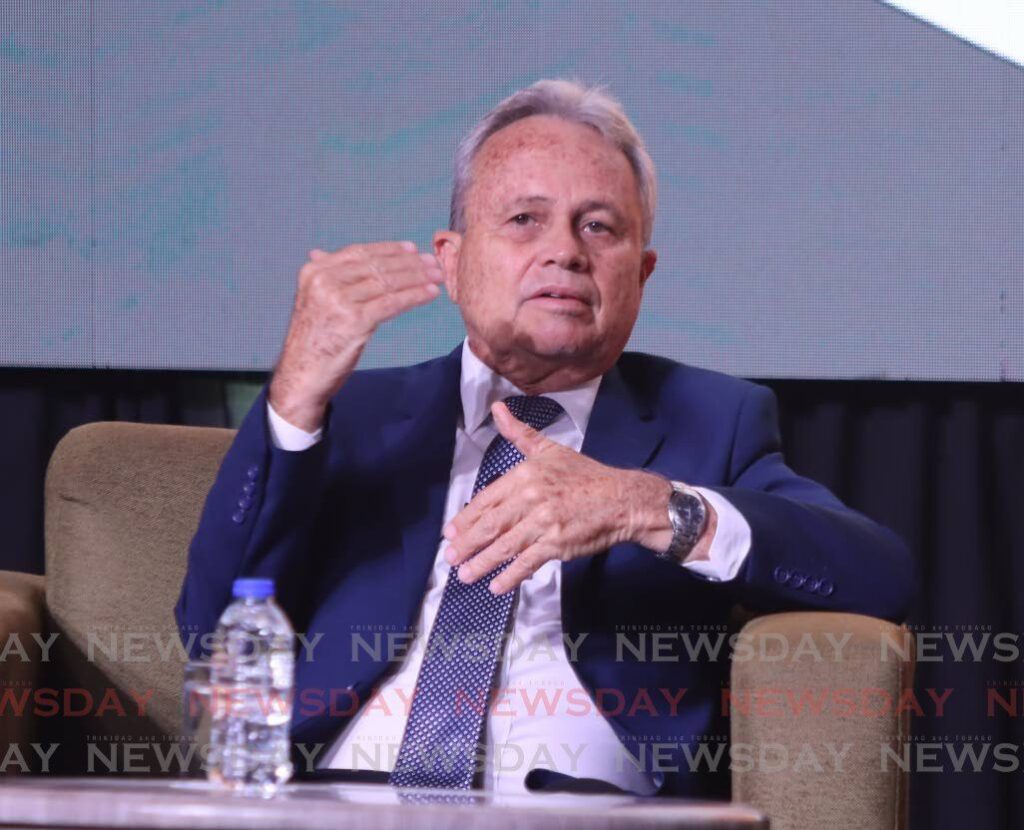Global ripple effects of turmoil

THE OUTBREAK of turmoil this month in the Middle East could have a deep, lingering and complicated impact on this country and its business.
We believe Finance Minister Colm Imbert is correct in his assessment of the impact of the Israel-Hamas war on global economic activity.
Speaking in the budget debate in the Senate, which concluded this week, Mr Imbert noted the war could slow the global economy down, and that growth is already forecast to shrink next year.
“We now have the added event of the conflict between Israel and Palestine that adds to the conflict between Russia and Ukraine and adds to the attempts of the world to recover totally from covid19,” Mr Imbert said in the Senate last week.
The Finance Minister’s budget was presented in the House of Representatives on October 2, mere days before the horrific attack on Israel on October 7 by Hamas.
The minister maintains, not without reason, that this country’s current economic outlook remains robust notwithstanding.
However, we assess there will be a complicated impact, over the short term and the long term. As rightly noted by Mr Imbert, oil prices have surged, owing in no small measure to the ongoing crisis. This will affect projected levels of revenue from the petrochemical industry.
However, as Mr Imbert himself has often been at pains to emphasise, a great deal of the economy’s growth and revenue base now stands on the strength of the non-energy sector, which has shown robust growth for two years in a row.
It is in this regard that the picture is decidedly more uncertain.
With the global economy expected to slow down because of the Middle East conflict, there will potentially be a more tepid market for Trinidad and Tobago goods. As we have seen in the past during the fallout from the covid19 pandemic, there are also problems that could happen if supply and distribution chains are yet again disrupted by economic malaise and the outbreak of even more conflict.
It is hoped the local non-energy sector will be able to go from strength to strength.
However, we cannot ignore the synergies that exist between domestic economic activity and global developments. For instance, local construction activity is always affected by shifts in global markets.
The risks posed by the Israel-Hamas conflict are multifaceted, involving the potential for other countries and intermediary groups to become involved. If the situation mushrooms – and in any war there is always the possibility of chance incidents and acts of aggression snowballing out of control – the depth of the conflict as well as the timeline of its impact could be substantially elongated.
This country is still forecast to enjoy modest growth next year. The surge in oil prices could ensure that comes to be.
But over time, if the global economy enters another difficult period, our growth could well be stunted. Already there are concerns that the economic downturn in China could considerably impact the global economy negatively.
We need to monitor all of these developments and adopt a doubly cautious, not complacent, approach.


Comments
"Global ripple effects of turmoil"